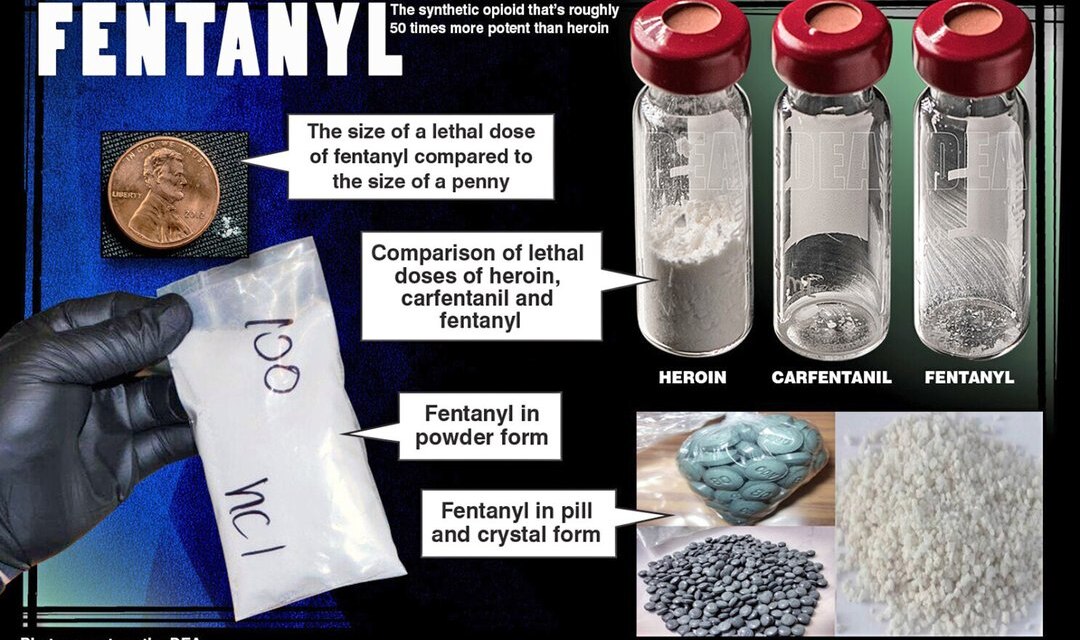One topic on the national agenda since the election: how best to punish China for its role in supplying fentanyl to American users.
No question that China has been heavily involved since the beginning, a decade or so ago. But how extensive is their involvement now? And how much impact could we expect something like tariffs on trade to have, in terms of reducing fentanyl use in the United States?
The Guardian provides a brief but informative review of the recent history.
Is the China-US fentanyl pipeline really responsible for the US opioid crisis?
It seems that China was in fact the principal source of illicit fentanyl during the early years, when most smuggling was through the US mail. The Post Office wasn’t authorized to open and inspect packages at the time. I suppose there was a reason for that, but it appears to have been a blessing for smugglers.
Then came the COViD pandemic. Things changed. Suddenly there were new restrictions. That led Chinese traffickers to adapt their approach: instead of selling directly in the U.S, they sent precursor chemicals to cartels in Mexico, who used them to make their own fentanyl products, then smuggled them across the border through the usual channels.
I don’t find this at all surprising. It happens again and again in the seemingly endless drug war. When one side comes up with a new tactic, the other side is quick to respond with a corresponding change in their methods.
As former New Mexico governor Bill Richardson put it: “We build a 10-foot wall, they bring an 11-foot ladder.”
The article does suggest a brief detente when the Biden administration got the Chinese government to prohibit domestic production of some precursor chemicals. But relations between the two nations fell apart, and Chinese enforcement basically came to a halt.
Now we’re left to wait for the next move in the chess game. It seems likely that will come from the new Administration, in the form of punitive tariffs on trade with China — and now, possibly Mexico.
Mexico’s new President counters that instead of demanding Mexico do something about the supply, the US should do something about the demand.
I imagine both China and Mexico are busy thinking up their respective counter-moves in the Great Game. And so, no doubt, are we.













